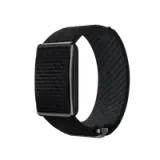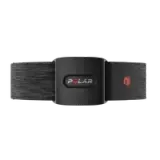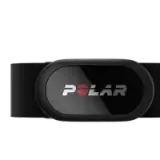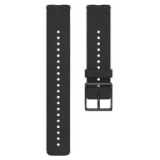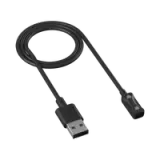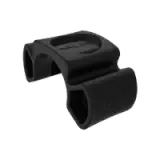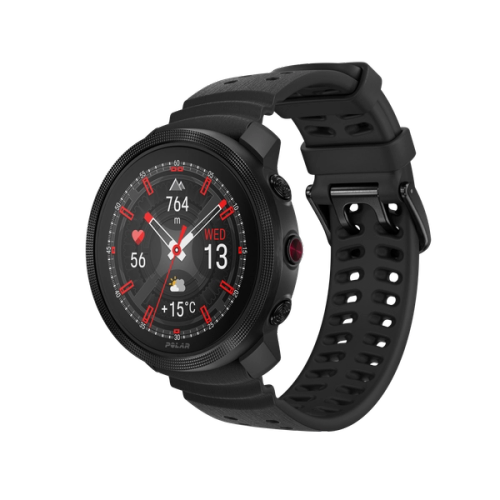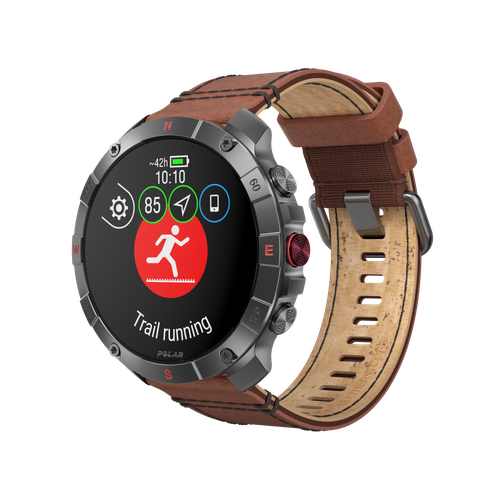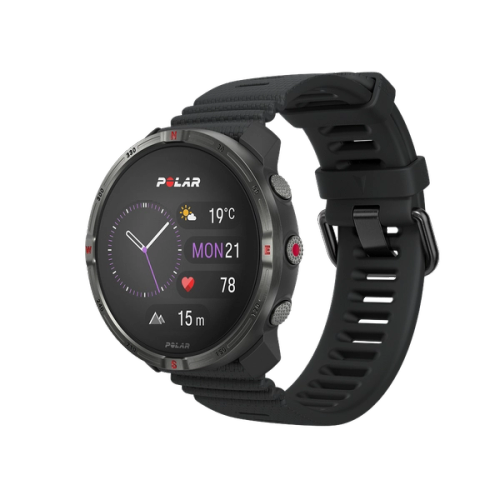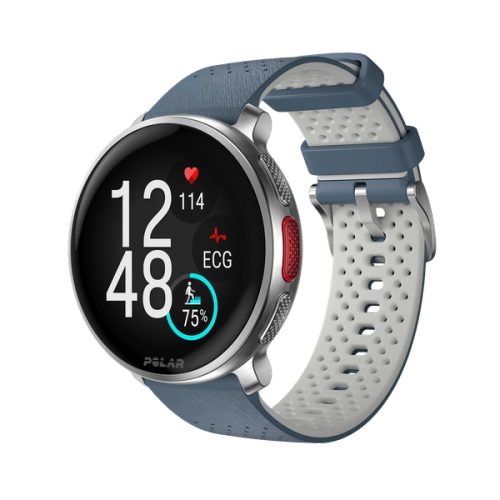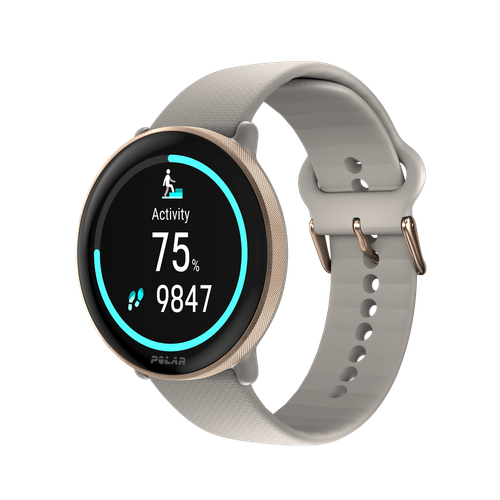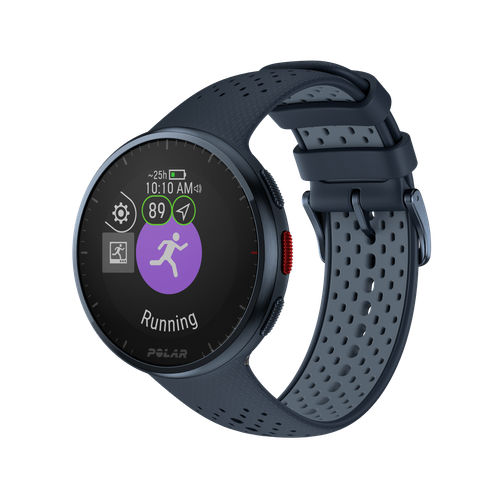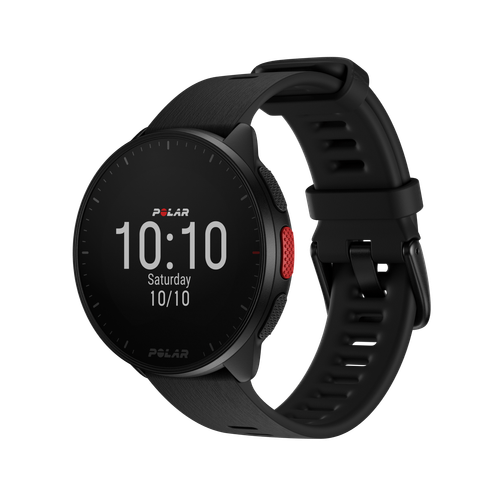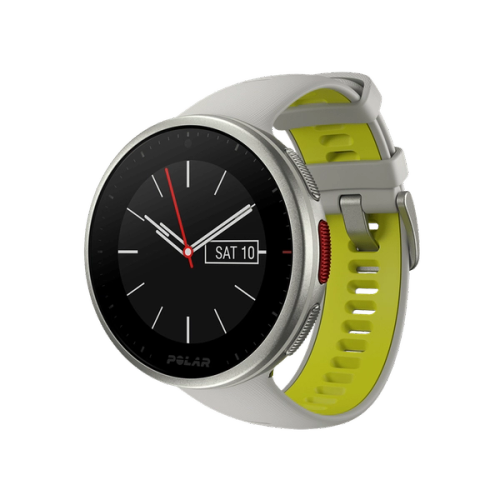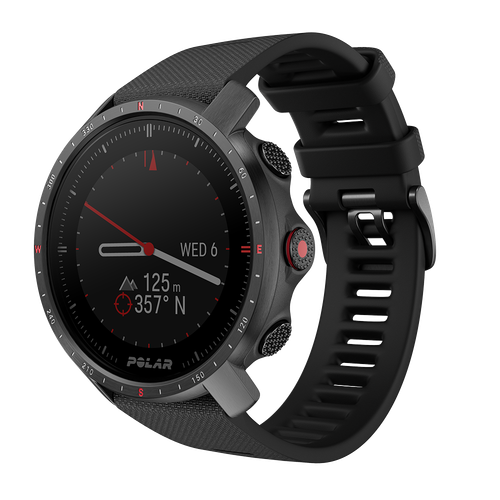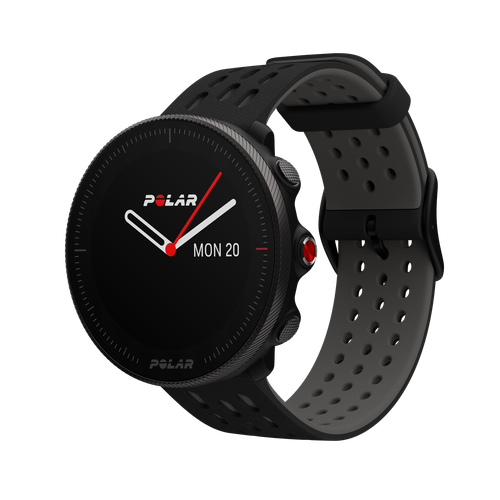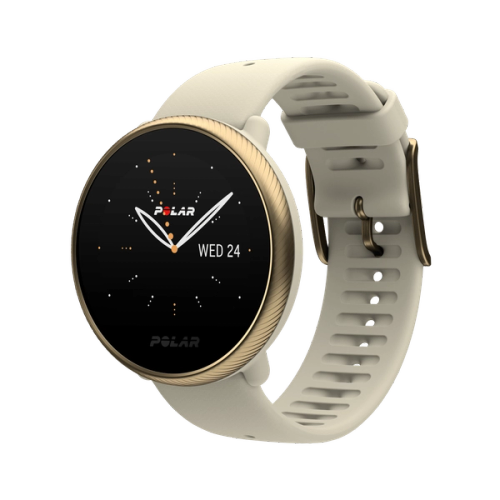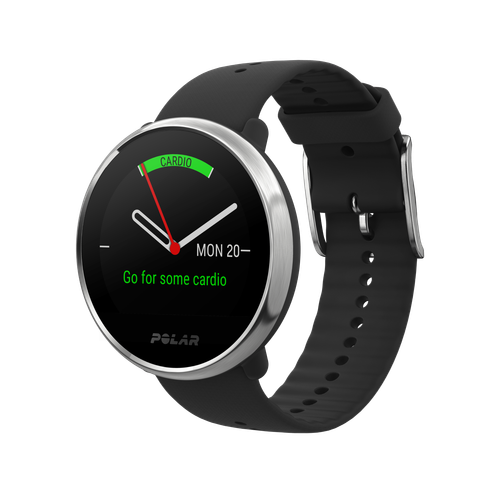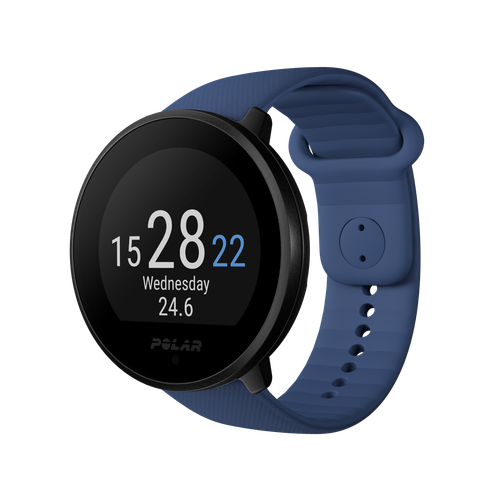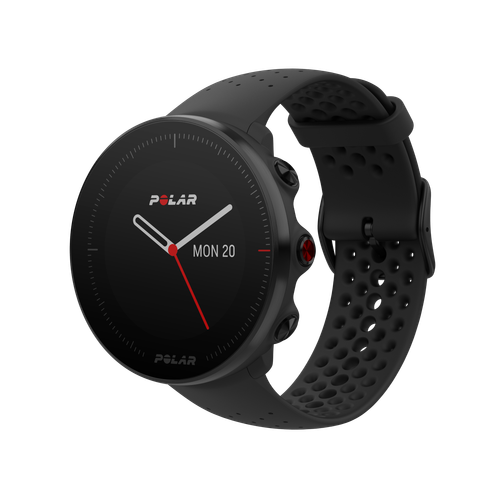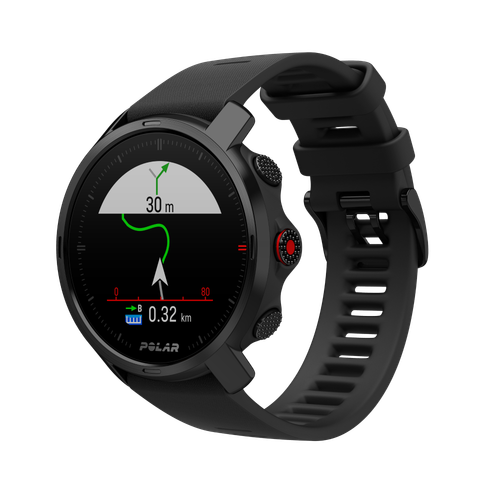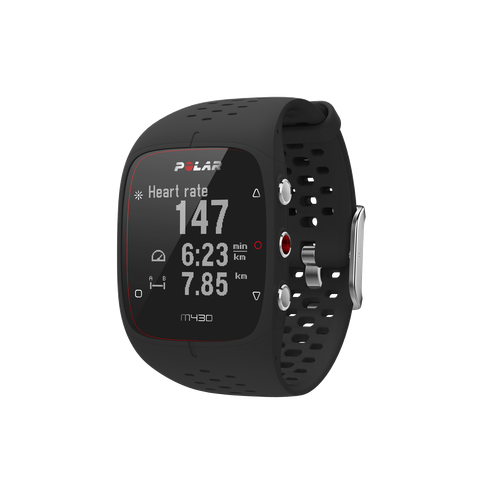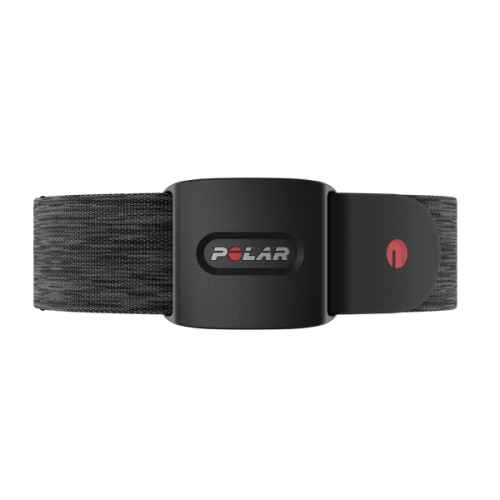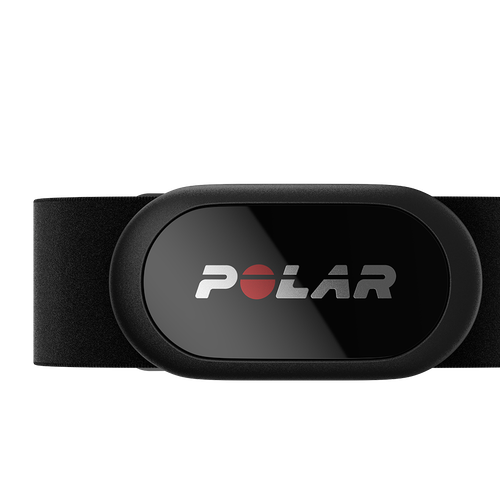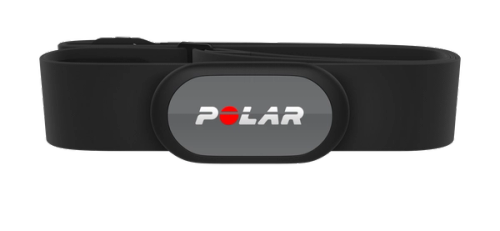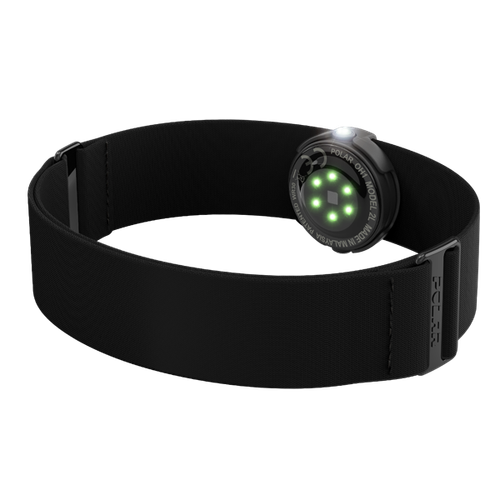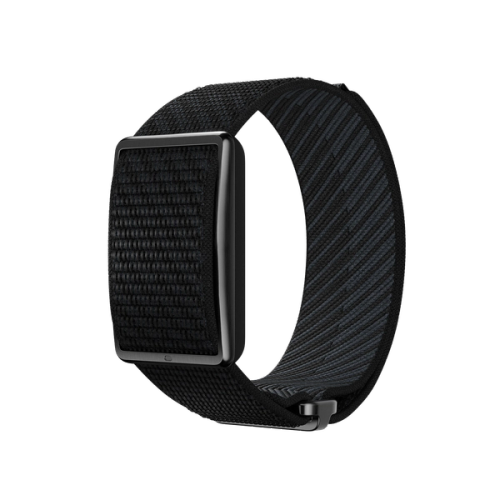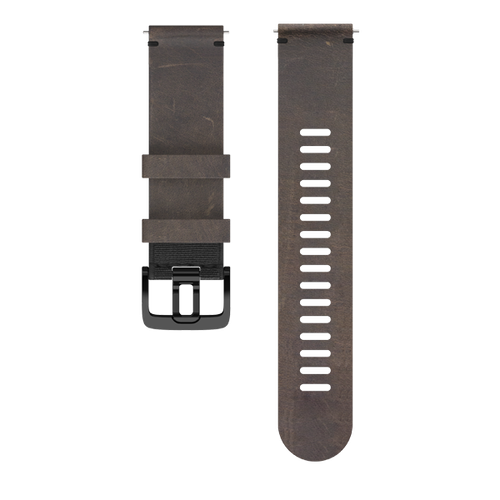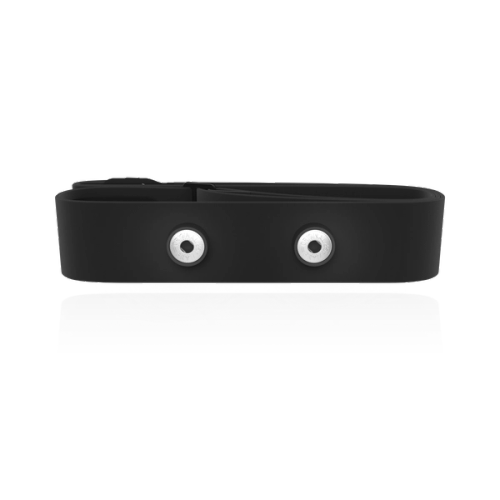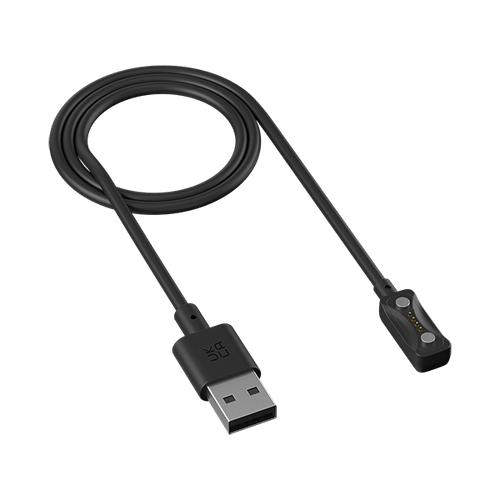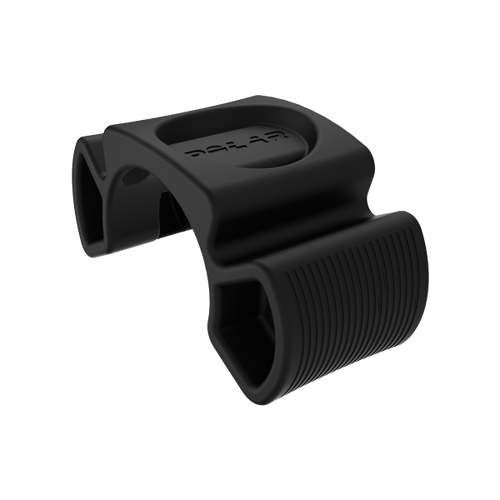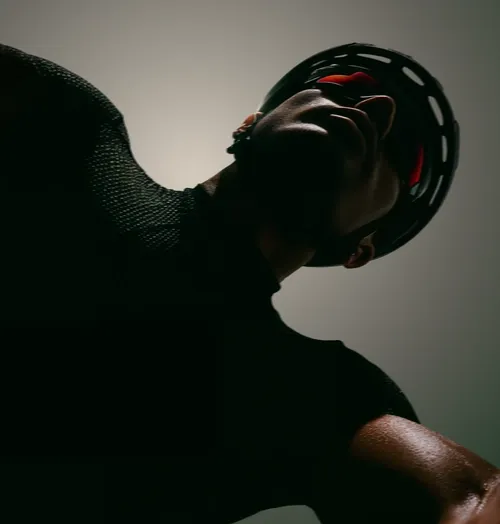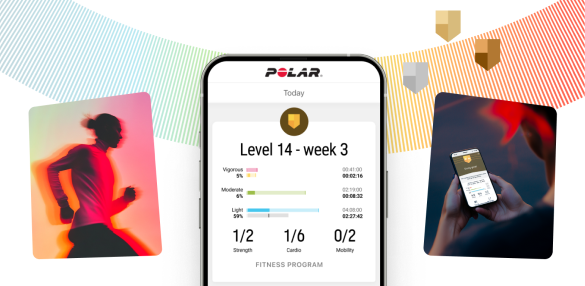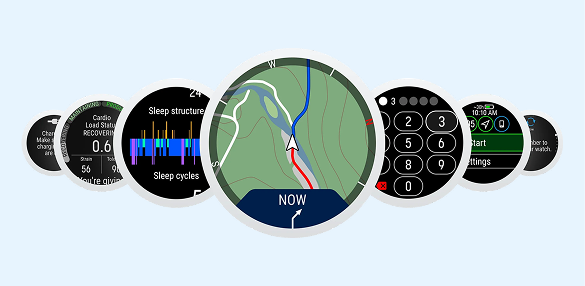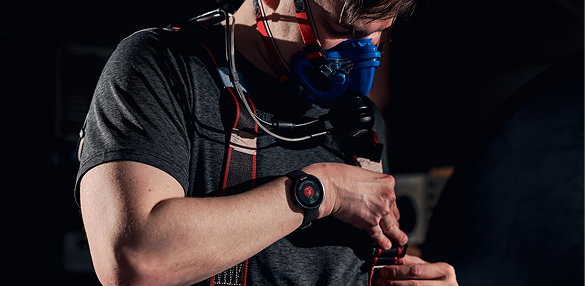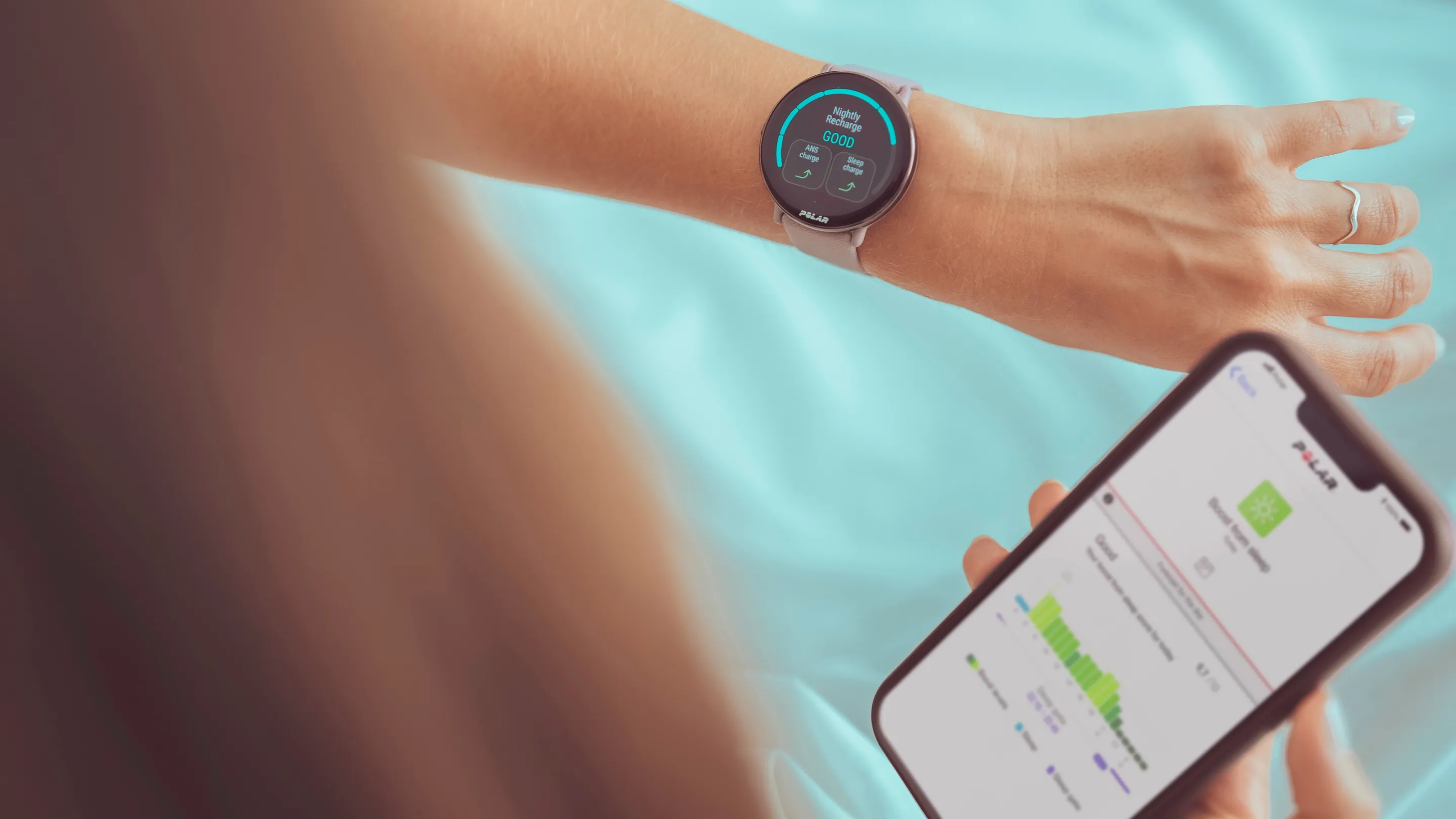A recent study published in Sensors magazine evaluated the accuracy of a Polar sports watch prototype in sleep tracking compared to polysomnography (PSG), the gold standard for sleep studies. The watch was tested on young adults, showing promising results for tracking sleep stages, particularly in detecting total sleep time, wake periods, and REM sleep. The wearable demonstrated overall reliability, offering a practical, non-invasive alternative for everyday sleep monitoring. The sleep tracking technology and algorithms used by this prototype is currently implemented in Polar's latest line of sports watches, including the Polar Ignite 3, Polar Vantage V3, and Polar Grit X2 Pro.
Understanding sleep stages—light sleep, deep sleep, and REM—is crucial for evaluating sleep quality and identifying potential disorders. Accurate tracking is especially relevant as poor sleep can impact mental and physical health, affecting everything from mood to metabolism.
Methodology
The study involved 36 young adult participants, aged 18-30, who wore the sport watch during two trials —one with and one without performing an interval training session six hours before bedtime. Simultaneously, PSG was conducted to capture the most accurate, objective measurements of sleep. PSG uses a combination of EEG (electroencephalogram) and other biometric sensors to monitor brain waves, oxygen levels, heart rate, and movement. The sport watch, on the other hand, used optical sensors, accelerometers, and algorithms to estimate sleep stages based on movement and heart rate variability.
A total of 36 participants completed the study. Each participant underwent a maximal aerobic test and three polysomnography (PSG) assessments. The first night was used for in-home polysomnography familiarization night and screening for sleep apnea. The second and third PSG sessions were conducted at home, with one including intense exercise and the other without. The order of these sessions was counterbalanced. During all these nights participants wore Polar’s prototype device. The study then compared the accuracy and agreement of sleep stage detection between PSG and the prototype sport watch.
Results
The sport watch performed admirably in estimating total sleep time and identifying wakefulness during the night. It also showed a high level of accuracy in detecting REM sleep, which is critical for memory and emotional regulation.
In summary, the accuracy of the sport watch for detecting different sleep stages was evaluated during nights with and without exercise. For nights without exercise, the watch showed accuracy rates of 84 ± 5% for REM sleep, 64 ± 6% for light sleep (N1 and N2), 81 ± 6% for deep sleep (N3), and 91 ± 6% for wake periods. During exercise nights, the accuracy was similar, with 83 ± 7% for REM, 63 ± 8% for light sleep, 80 ± 7% for deep sleep, and 92 ± 6% for wake periods. The agreement for the sleep night without exercise was 60.1 ± 8.1%, k = 0.39 ± 0.1, and with exercise was 59.2 ± 9.8%, k = 0.36 ± 0.1, with no significant differences between exercise conditions or between men and women.
As a conclusion, Polar’s prototype showed better or similar accuracy and agreement to other wrist-worn consumer products on the market for the detection of sleep stages with healthy adults, according to other previously published. The researchers suggested further investigations need to verify the performance in other population.
To find out more about Polar’s sleep tracking methodology, please read the updated white paper on Polar Sleep Plus Stages.
Reference
Parent A.-A. et al. Performance Evaluation of a New Sport Watch in Sleep Tracking: A Comparison against Overnight Polysomnography in Young Adults. Sensors 2024, 24, 2218. https:// doi.org/10.3390/s24072218
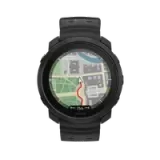 Polar Vantage M3
Polar Vantage M3
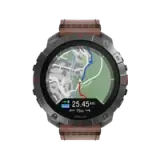 Polar Grit X2 Pro Titan
Polar Grit X2 Pro Titan
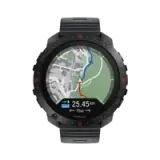 Polar Grit X2 Pro
Polar Grit X2 Pro
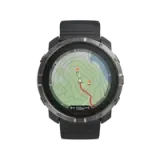 Polar Grit X2
New
Polar Grit X2
New
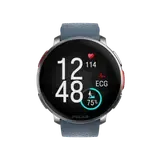 Polar Vantage V3
Polar Vantage V3
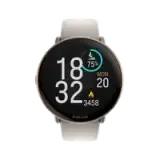 Polar Ignite 3
Polar Ignite 3
 Polar Ignite 3 Braided Yarn
Polar Ignite 3 Braided Yarn
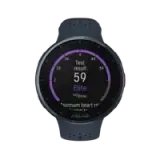 Polar Pacer Pro
Polar Pacer Pro
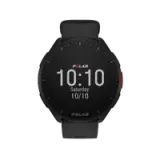 Polar Pacer
Polar Pacer
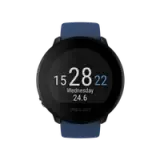 Polar Unite
Grit X Series
Vantage Series
Pacer Series
Ignite Series
Polar Unite
Grit X Series
Vantage Series
Pacer Series
Ignite Series
